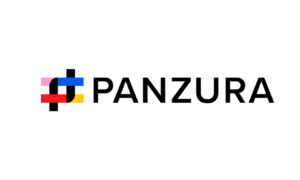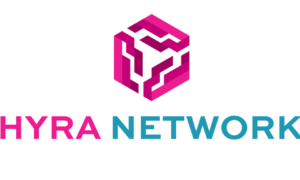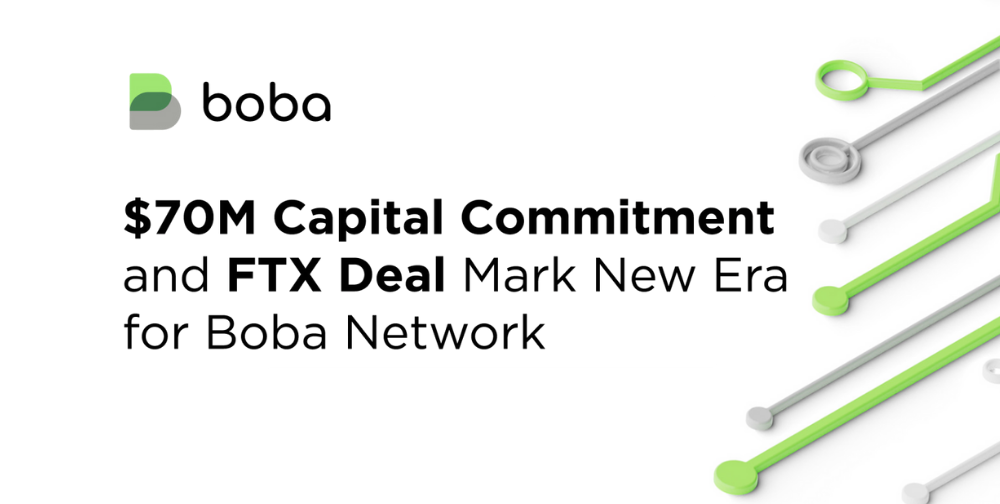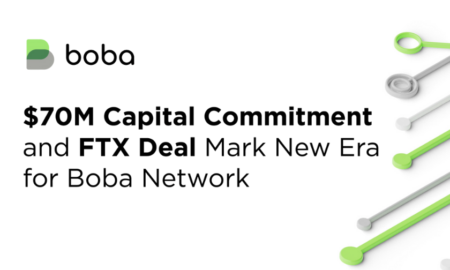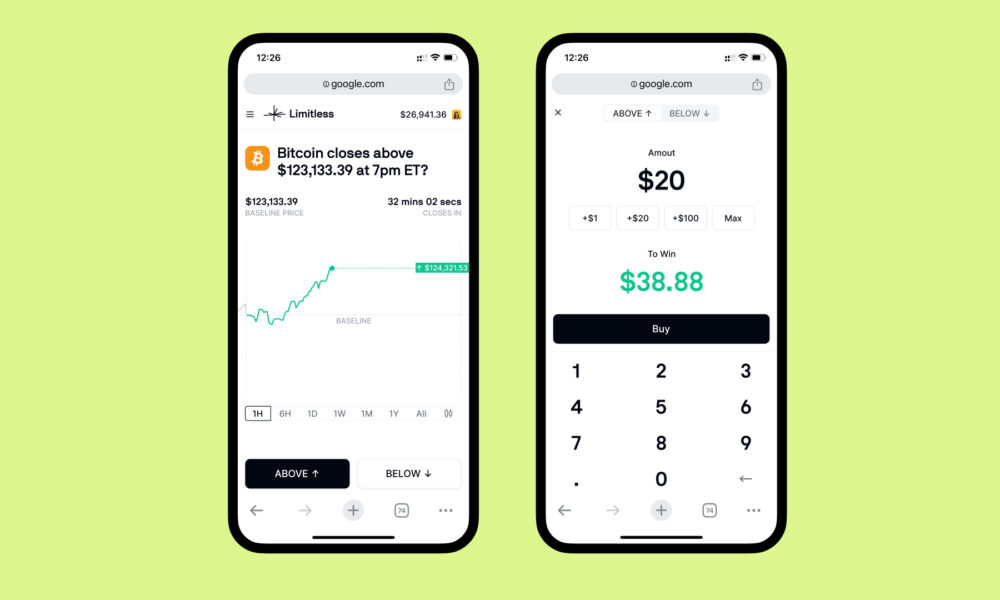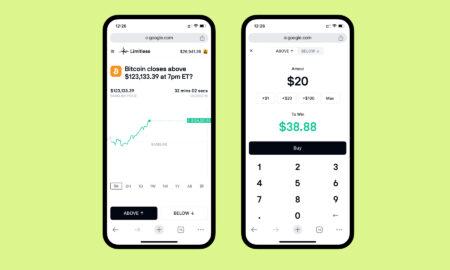While our digital life continues to be exposed to surveillance, breaches of data, and unauthorized access, nothing could have ever been more important than the privacy of communications online. We use our email and calendar applications so much that we subconsciously store sensitive information in these tools. From business contracts and financial transactions to personal appointments and discussions, this may be gold to cybercriminals and/or other potential spooks who might have an eyes-open interest in what you write or discuss with others.
If mainstream email and calendar services are anything to go by, they seem to lack the elementary security features that one should reasonably have to keep their private data from prying eyes. There are applications designed to feature seriously private email and calendar functions, however. These apps ensure your communications are protected from hackers, advertisers, and even service providers themselves. The one service that stands out in this arena is Tuta: This is a secure email and calendar app that has been increasingly gaining popularity due to its equantum-safe encryption.
Here, we will reflect on the importance of email and calendar app privacy and encryption, including what to look for in a secure platform and why private products like Tuta Mailand Tuta Calendar are moving the needle to protect your digital information.
Growing Demand for Secure Email and Calendar Apps
Important email and calendar applications of today often centrally manage tasks on both personal and business levels. The same applications, however, are vulnerable to cyberattacks. According to a 2022 Verizon study, over 90% of data breaches feature email as part of the entry point, and calendar-related information may compromise private meeting times, deadlines for projects, or other confidential information.
The more time we spend online and share more of our personal data with such services, the importance lies in knowing what dangers we are creating by using standard email and calendar applications. While standard email services like Gmail, Yahoo, or Outlook do possess some kind of security regarding the protection of data, business models by such services generally revolve around monetizing user data, and one’s own privacy is left vulnerable to it. More importantly, email and calendar event functionality is accessible through a service provider or third-party providers who may pose a significant risk to privacy.
Secure email and calendar apps are an answer for those who care about their privacy and want third parties from viewing their sensitive data. To guarantee that your discussions are completely private, the applications include end-to-end encryption, anonymity tools, and other data security measures.
Knowing What Cryptography Is and Why It Matters
Encryption stands at the heart of any secure email and calendar application. Encryption is the process of changing any information or data into an unreadable and nonsensical code without anyone’s readability. Such types of encryptions are available that secure email and calendar applications can utilize. Based on this, end-to-end encryption has been the golden standard regarding privacy.
End-to-end encryption (E2EE): is a method of encrypting data, ensuring that messages can only be read by the sender and the recipient. The information is sent to the device encrypted and decrypted only after its receipt by the receiver. Not even the service provider will be able to decrypt and read your messages or events.
Transport Layer encryption: It encrypts whatever data is being sent between your device and the server on its route. It doesn’t protect the emails and calendar events once those reach the service provider. Less secure than end-to-end encryption but still quite helpful in protection from some kinds of interception and eavesdropping.
Zero-Knowledge Architecture: An email and calendar service with zero-knowledge architecture makes sure that even the service provider cannot read your data. So, the emails, the calendar events, and every other sensitive information of you are stored in an encrypted form that even the provider cannot view and share.
To ensure that communications remain private if intercepted by hackers or snoopers, it is very important to use an end-to-end encryption protocol.
Features to Look for in a Secure Email and Calendar App
When looking for a secure email and calendar app, here are some features that you must look out for so that your data will be fully protected:
End-to-End Encryption: End-to-end encryption is a feature that any secure email or calendar service should have so that only the recipient can read your emails or view your appointments, and no third party can possibly intercept those contents.
Zero-Knowledge Providers: A zero-knowledge provider will identify services that promise you a zero-knowledge architecture, meaning that they have no access to your private data. It will secure it so that even if the government subpoenas or if there is a data breach, your information remains inaccessible to anyone except you.
Encrypted Calendar Functionality: Not all secure emailing services are supplied with integrated calendar functionality, where such services do provide the functionality, all of the data contained in the calendar must be encrypted so that unauthorized users cannot access your event details or insight into your schedule.
No Ads or Tracking: The most widely used emailing service uses ads or tracks user activities to generate revenue. Any email and calendar app focusing on security and privacy must have ‘no-ads, & no-tracking’ policy so that the data does not get used to fuel targeted advertisement or analytics.
Specifically, strong encryption should be complemented with two-factor authentication that asks for the two forms of identification necessary to access the person’s account, such as a password and a verification code; in this case, it makes it much harder for malicious hackers to get access to the account because there is an additional layer of protection.
Most of the best secure email and calendar apps are open source, meaning that code for that app is public and available to review. This allows independent security experts to check its code for any hidden vulnerabilities or backdoors.
Tuta: The Leader in Secure Email and Calendar Solutions
One of the best contenders when it comes to finding a secure, private alternative to mainstream email and calendar services is Tuta. This company, born out of Germany, is founded on ground-up security with privacy considerations and delivers fully encrypted email and calendar features in a zero-knowledge approach. Some of the key benefits of using Tuta Mailand Tuta Calendar are as follows:
Tuta mail will encrypt your emails end-to-end, including: Subject lines, attachments, and metadata. Even if the recipient is not a Tuta mail user, the emails can be sent end-to-end encrypted via a secure link and protected with a password so that any mail remains confidential.
Encrypted Calendar: In addition to encrypted email, Tuta also has an encrypted calendar so that full privacy both in email and in scheduling is assured. Your appointments, reminders, and more are encrypted from access by unauthorized parties.
No Ads, No Tracking: Most free e-mail services earn revenue through showing ads or even tracking. Tuta mail avoids all this with its strict no-ads and no-tracking policy. Your data is never sold or shared with advertisers.
It is open-source and audited. The code is available for public review and audit. This feature brings easy and uncomplicated regular security checks to the service, making it very secure.
When looking for a secure alternative to big providers, do check out Tuta Mail and Tuta Calendar – with its brand-new quantum-safe encryption and its strict privacy protections, you’ll pick one of the best available options on the market.








